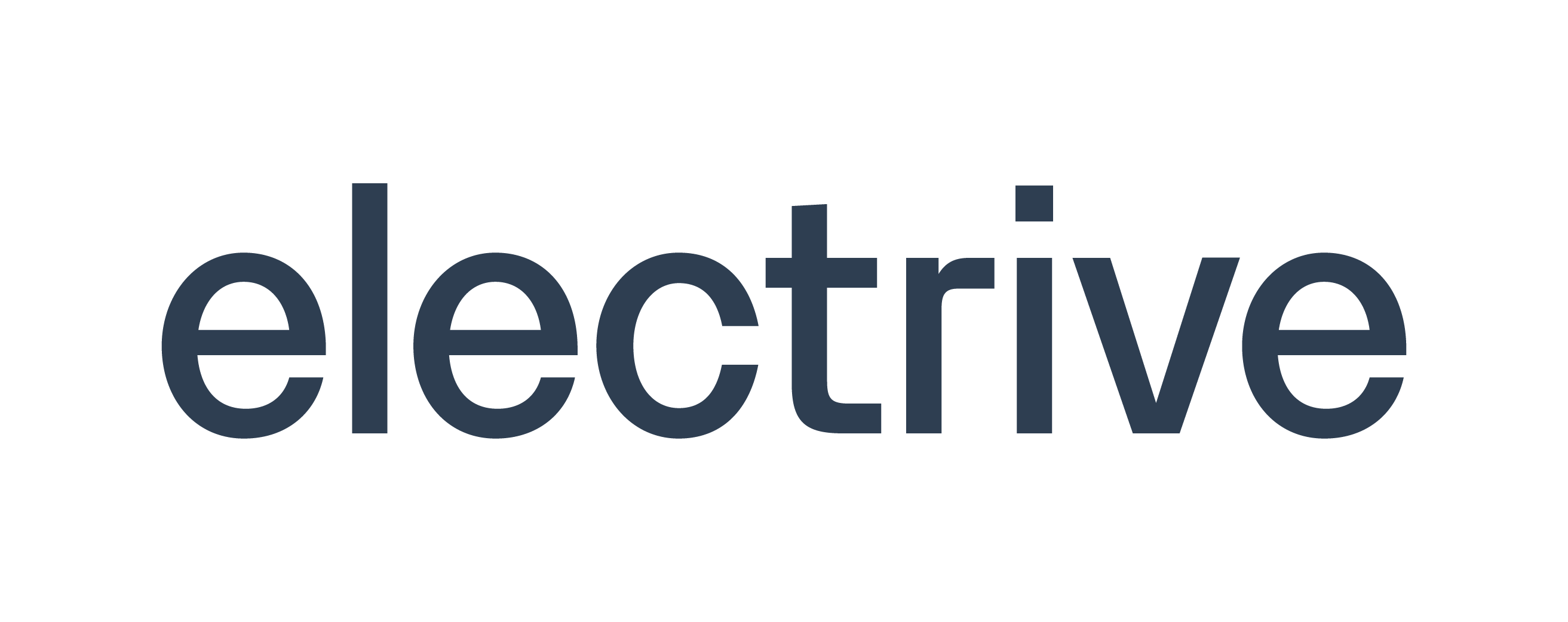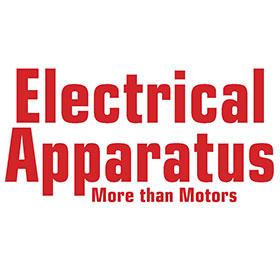PTR experts reveal data-led pathways to accelerate EV charging growth, close infrastructure gaps, and power a sustainable electric future.
With Europe driving toward its ambitious electrification targets, scaling the charging network has become one of the continent’s defining challenges. In the latest CWIEME Webinar, industry experts Rafey Khan, Head of E-Mobility Research at PTR, and Najd Nassereddin, Deputy Director - EMEA at PTR, joined Alexandra Martins, Senior Content Manager at CWIEME Berlin, to explore the strategies, technologies, and policies shaping the future of Europe’s EV charging infrastructure.
Watch the Full CWIEME Webinar
Replay the complete webinar featuring PTR’s latest data and analysis on Europe’s EV market dynamics and infrastructure strategies.
Access the session slides packed with country-by-country data, forecast models, and market insights discussed during the webinar.
A Market in Motion: EV Sales Rebound Across Europe
After a subdued 2024, the European EV market has roared back to life. According to PTR Research, battery electric vehicle (BEV) sales rose by 25%, while plug-in hybrid electric vehicle (PHEV) sales surged by 32% in 2025.
This growth is being driven by strong national recoveries in markets such as the UK, Germany, Spain, Austria, and Poland—the latter seeing a remarkable 106% increase in BEV sales year-on-year.
Governments across Europe are underpinning this momentum with renewed targets and incentives:
-
UK: 300,000 charging points by 2030; £650 million in EV grants; 80% of new car sales to be zero-emission by 2030.
-
France: €370 million subsidy for for EVs; €520 million through the Advenir programme.
-
Germany: €3 billion consumer aid package and tax reliefs to boost fleet electrification.
-
Nordics: Norway leads with 89% of new vehicle sales now electric; other Nordics target significant EV expansion by 2030.
-
Italy: €597 million funding package to replace internal combustion vehicles and expand charging availability.
These policy commitments signal a unified European ambition: to make electric mobility not just a niche, but the norm.
Closing the Gap: Europe’s Charging Landscape in 2025
Unlike the dip in EV sales last year, public charging infrastructure has shown consistent double-digit growth. Between 2023 and 2024, installations increased by 25%, with another 18% rise forecast for 2025. By the end of this year, Europe is expected to have around 1.4 million public charging points supporting 18 million EVs.
Yet the deployment remains uneven:
-
Five countries (Germany, France, the Netherlands, Belgium, and UK) account for over 60% of Europe’s public charger sales in 2024.
-
Urban areas dominate installations, leaving rural and cross-border corridors underserved.
-
The Netherlands has 31 times more chargers than Romania, despite being six times smaller.
To address these imbalances, the Alternative Fuels Infrastructure Regulation (AFIR) now mandates charging stations every 60 km along the TEN-T network and requires chargers to feature smart connectivity, pricing transparency, and open data access for users.
Key Challenges to Overcome
During the webinar, PTR’s experts highlighted the most pressing barriers to achieving Europe’s 2030 charging goals:
-
Uneven charger deployment and fragmented national incentives
-
Prolonged permitting timelines (12–18 months in many regions)
-
Capital pressure and limited access to financing for smaller charge point operators (CPOs)
-
Grid constraints and slow renewable integration
If left unresolved, these bottlenecks could delay Europe’s 2030 emissions and infrastructure targets. However, the right strategies—several of which are already taking shape—can turn these challenges into opportunities.
Successful Strategies for Scaling Infrastructure
PTR’s analysis showcases how certain European markets and private operators are setting benchmarks for success:
1. Targeted, Data-Driven Deployment
Cities like Stockholm are using planning-oriented models to identify high-potential locations for chargers, ensuring maximum utilization. Similarly, leading CPOs such as Fastned have grown revenues by over 44% through careful site selection and strategic corridor planning.
2. Public–Private Partnerships
Government-backed programmes, such as Germany’s Deutschlandnetz, are unlocking private investment and accelerating large-scale rollouts.
3. Integrating Renewables
CPOs like IONITY are coupling their high-power charging hubs with on-site renewable generation or green energy contracts, reducing grid dependency and improving sustainability credentials.
4. Streamlined Permitting
Introducing a “single-window” approval system and standardized design templates could dramatically cut deployment times and costs—particularly for high-power DC installations.
5. Innovative Financing Models
From green loans via the EIB to EU’s AFIF grants, as well as bond issuance by private operators, creative funding mechanisms are broadening access to capital for charging projects across Europe.
The Road Ahead: Scaling Smart and Sustainable
PTR forecasts that between now and 2030, the European EV and charging markets will maintain strong double-digit growth:
-
EV sales expected to grow 13% annually, reaching 7.5 million vehicles per year.
-
Charging point installations projected to increase 12% annually, surpassing 625,000 new units per year by 2030.
To reach these targets, industry leaders must focus on four priorities:
-
Enhance EV affordability through new models and targeted incentives.
-
Balance regional deployment to close East–West infrastructure gaps.
-
Accelerate national and private investment in public charging networks.
-
Integrate renewables and smart grid technologies early to future-proof growth.
As Europe transitions to clean mobility, coordinated action across governments, utilities, and private operators will define the pace and success of this transformation.
Call for Papers: Take the Stage at CWIEME Berlin 2026
The Call for Papers for CWIEME Berlin 2026 is now open!
Share your expertise with the global electrical manufacturing and e-mobility community.
Event dates: 19–21 May 2026
Submission deadline: 28 November 2025
About PTR Research
PTR is a strategic growth partner for the power and energy industries, offering market research, strategic advisory, content marketing, and advanced data automation tools. Their expertise spans from power transmission and distribution equipment to EV charging infrastructure, HVDC, and grid-edge technologies.
About CWIEME Tech Talks
CWIEME Tech Talks bring together industry thought-leaders to discuss innovations shaping the future of electrification. Each session offers in-depth insights into the technologies, policies, and trends driving progress across Europe’s electrical and mobility industries.



















